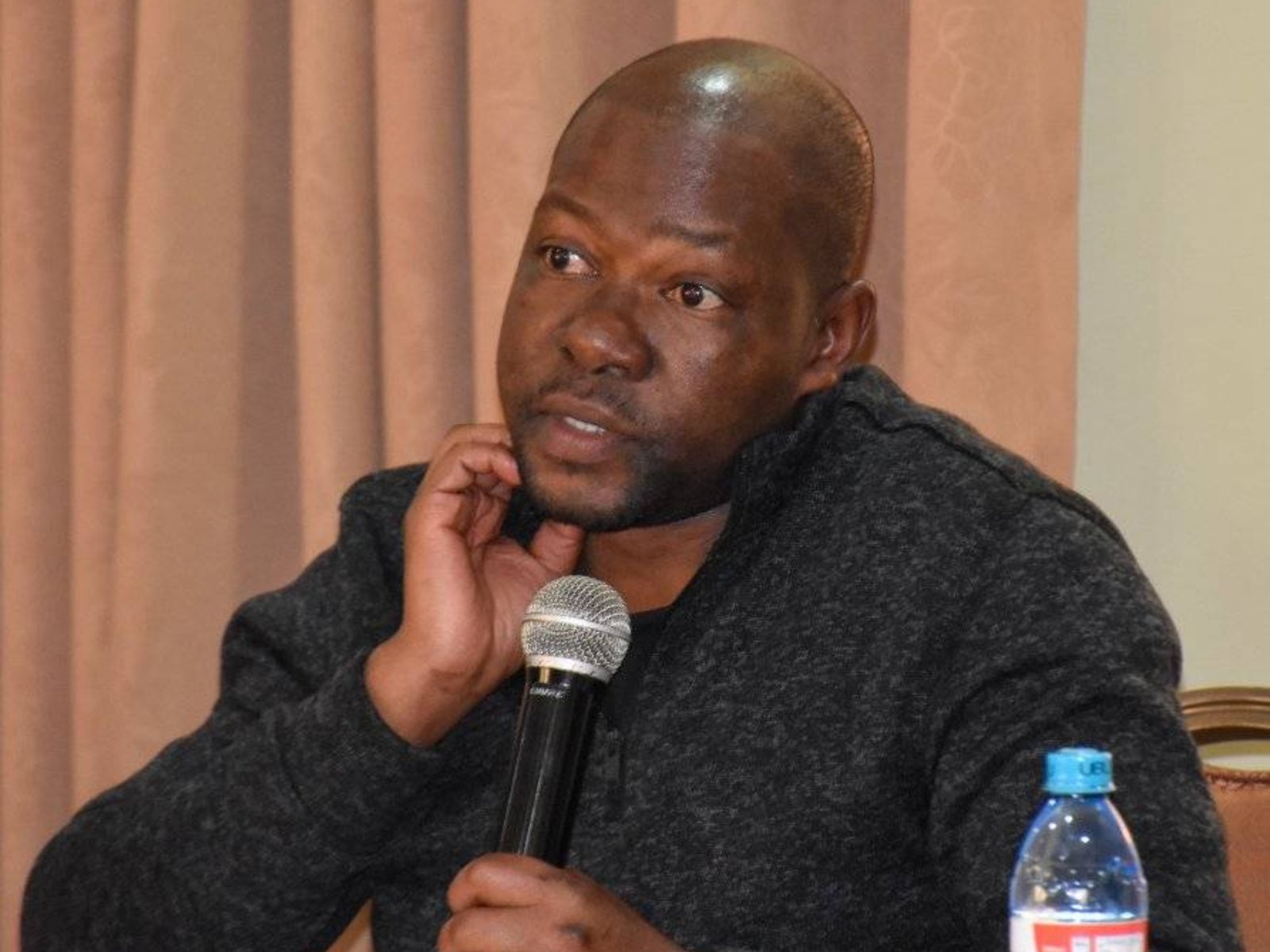Year 2020 hasn’t been the best year for many people
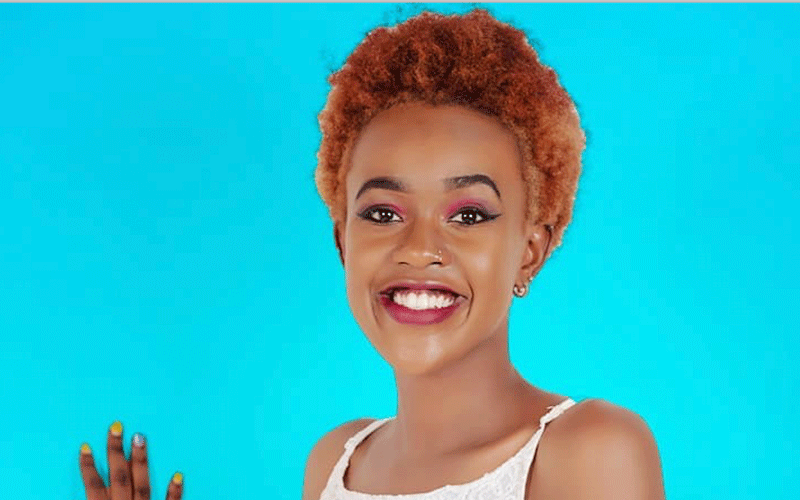
The year 2020 hasn’t been the best year for many people. However, as Manuel Ntoyai writes, even in the middle of the Covid-19 crisis, some showbiz have realised prosperity.
It is said even the best laid plans often go awry, and with the Covid-19 pandemic ravaging people across the globe, shutting down almost everything, 2020 has not turned out to be the year many had expected.
A majority of the world population were hopeful of a boisterous year, especially in the entertainment sector.
Before the crisis hit home, artistes were earning relatively good money from royalties and performance fees, not forgetting that corporates had lined up many projects that would have seen the players in showbiz reap big.
But like a flick of switch, everything went haywire, leaving the ailing and broke industry at the mercy of fate.
But like knights in shining armour, some individuals in the show business have risen up to the occasion, to see lady luck smile on them.
How do you explain the case of the American TikTok star Nathan “Doggface” Apodaca, 37, whose car broke down in September forcing him to take a skateboard to work?
Doggface recorded a TikTok video on his journey to work, a potato factory, on a skateboard The content creator filmed himself while lip-syncing to Fleetwood Mac 1977 hit Dreams, and drinking Ocean Spray cranberry juice.
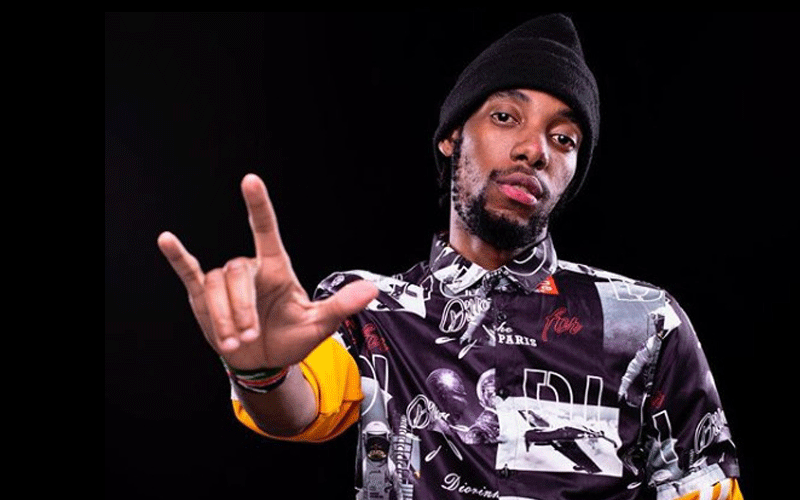
From a simple video, to corporate deals, life changed in a flip for Doggface.
Rekless goes solo
For the last two years, the country has been swept by the gengetone craze, as new crop of artistes kicked out the seemingly choking foreign music from clubs and local spaces.
Seemingly bound in groups, the artistes entertained and quenched the thirst of their majorly young fan base and amassed millions of views on digital platforms, calling bluff on what had been a preserve for the likes of Wasafi and other local entertainment bigwigs.
For those who have been going solo, they have either found it tough and have been forced to opt for collabos, perhaps believing there is strength in numbers.
Zerro Sufuri has stood out as a solo artiste, though he had seemed to have taken some time off the game, before releasing a couple of songs, which did not receive the expected fame.
But the year has not been as rewarding as it was last year with group Ethic taking the biggest blow as its star man Rekless decided to go solo.
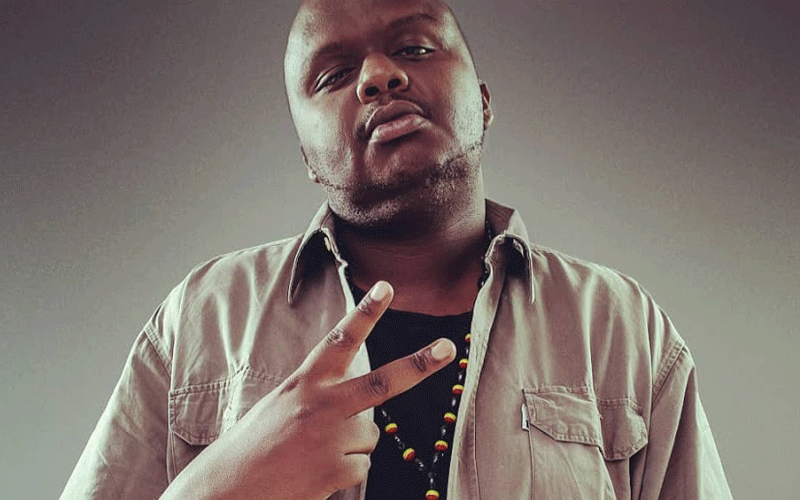
He has proved that the move wasn’t a reckless one, as it has seen his brand grow exponentially in 2020. It seems to have improved his work ethic.
Mejja reinvigorated
Calls from a section of Mejja’s fans to bring him back to his original genge style have been growing, and Mtoto wa Khadijah answered to those calls in style.
This year, he has cashed on his experience to not only ride on the gengetone wave by collaborating with the the genre’s artistes, but also has delivered in most hits this year.
From Utawezana with Femi One, Pakua with Jovial, Watoto Na Pombe with Otile Brown, Kalale with Willis Raburu and various artistes, and the latest Nye with Willy Paul, it’s no surprise that Okwonko has attracted the attention of bongo heavyweights Wasafi, who are said to be pursuing a collabo with him.
“Funny thing is, 2020 has increased my faith in God because with what is happening around the world, He has totally been faithful to me.
Again, when the Covid-19 pandemic hit, people closed their work spaces and I took advantage of it to do what I had previously wanted; to work and uplift a number of artistes to a higher level through collaborations,” Mejja tells Spice.
Azziad breaks out
Azziad’s rise to the top of the influencing game was birthed by a single TikTok video in April, where she took in the #UtawezanaChallenge and in a couple of days, she was raking in crazy views across social media.
In a recent interview, the TikTok brand ambassador said she had planned all along for her stardom and even had a manager before she blew up— something that has helped her stay grounded and focused.
Now, she is paid Sh100,000 for a pre-recorded video and Sh50,000 to go live, with corporates and other advertisers leveraging on her social media influence to sell their products or services.
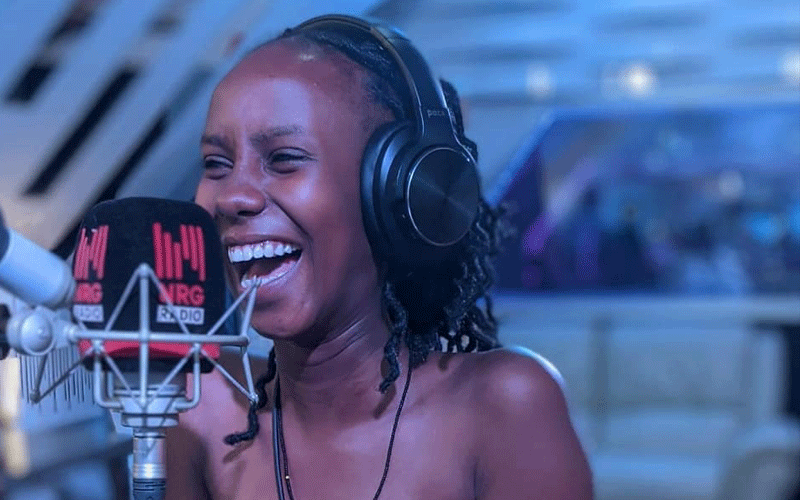
Her management style has, however not settled well with a section of artistes as she had a spat with singer Vivian, following her refusal to share her song Simpo Simpo ft Kibera’s finest, Stivo Simple Boy.
“Respect other people’s jobs. Social media is my office, just like any other office; you must know your worth, and I charge what I think I’m worth.
If someone charges Sh1 million for their work, why should it hurt anyone? If their worth results to that, then pay them,” says Azziad.
Flaqo comes of age
Sensational online comedian Flaqo has captivated many with his hilarious videos in which he dresses up in many characters, famous of them all being Mama Otis.
Although he started his creative journey as an R&B artiste, Flaqo seems to have hit the jackpot this year, as not only has his brand grown in numbers, corporate dealings have been coming his way and the Hittites recording studio owner must be laughing all the way to the bank.
King Kalala goes on air
Prudence Tonui aka King Kalala has seen her husky voice and jaw dropping opinions grow her online presence steadily this year.
From her captivating Instagram posts, King Kalala usually takes no prisoners, something that saw her compared to vocal radio presenter Andrew Kibe.
With her star on the rise, Kalala managed to get a number of media interviews, seeing her brand trajectory on an upward. Soon she would land a radio gig and now co-hosts a show on NRG Radio.
Kenyan films on Netflix
Kenya’s filmmakers have been burning the midnight oil, in an effort to have local films recognised internationally and it seems their sweat have finally paid off.
It started with anti-poaching themed film Poacher becoming the first Kenyan film to premiere on Netflix in September, followed by Sincerely Daisy and Disconnect in October and 40 Sticks in November.
“This is the way to go for Kenyan films. At the moment, we are witnessing them get into these international streaming platforms and I think it is a vote of confidence to our filmmakers, something which should encourage them to put in some work and tell our own stories,” says Kenya Film Classification Board CEO Ezekiel Mutua.







